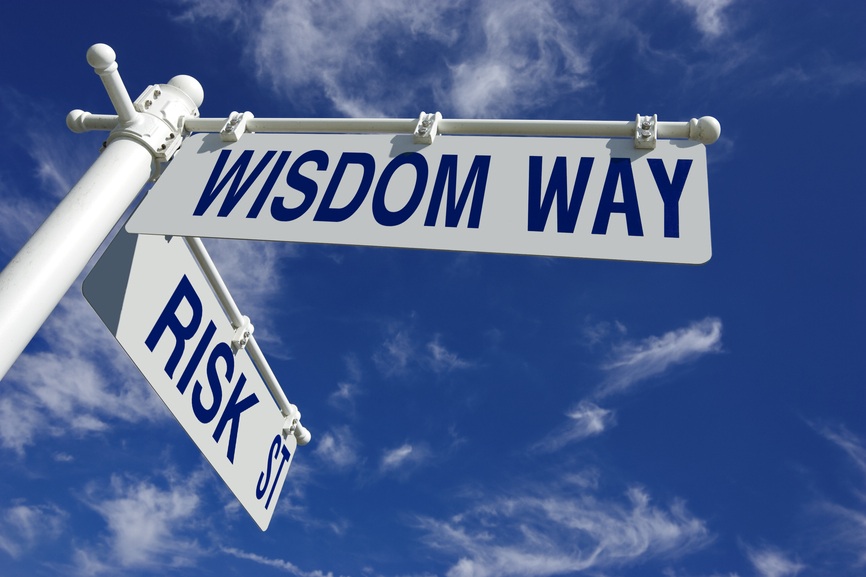To begin a blog about secrets, it is important to share one of my own—although my secret has never been an intentional one (a common theme discussed today). My writings, and in fact all of my leadership development work, is inspired by real life—my own experiences — and those of my family and friends, and, of course, my clients. It is why I consider myself a leadership guide, rather than a coach; because everything you get from me is the result of having trekked through the territory, identifying the pitfalls, usually after learning the hard way, and figuring out a strategy for navigating the terrain with greater ease for those who choose to follow a similar path. So while the subjects of my musings may vary, they are all coming from the experiences of many and convey insights meant to help all along the way.
In this spirit, before embarking on the path to understanding the secrets that are killing us, we will begin by focusing on its definition:
Secret: Not known or seen or meant to be known or seen by others.
The word itself conjures up hushed tones, averted eyes and fortified walls of protection. Secrets are the acts, and more importantly, the feelings behind them that are not known to others. They are the truths we believe that are not meant to be seen in the full light of day; and because we feel our exposed secrets will change how we are seen, we build walls to keep them safe.
What we don’t realize is when we build these walls, we keep others and ourselves from experiencing the full power and beauty of all that we are. How can we lead, be fully effective and truly powerful in who we are if we are hemmed in by walls protecting our secrets? Walls are an impediment to our leadership and when we hide secrets we believe will ruin us, we create a slow, malignant drain on our vitality.
The reason we develop secrets, is that we believe that our feelings and emotions, are inadequate, wrong or misguided. Most people have experienced the pure joy and delight of a child who freely shares what he or she is feeling in the moment. We have laughed at the brazen truths, the guileless insights and unabashed expression of the young as they openly share what is real for them–sharing before they learn to hide the “secrets” of what they are experiencing in the moment.
Fast forward a few decades from the lives of these fearless children to my leadership clients and I find one of the most prevalent experiences facing them is the palpable fatigue occurring from keeping the walls of secrecy in tact. In reality, it is taking an enormous toll on their health, happiness and ultimately effectiveness in leading the lives they desire.
“I can’t share how I am feeling or I will be seen as weak.”
Or
“The (male-dominated) workplace does not allow for emotions.”
What few realize is that these are the conditions that have been internalized with the explicit goal of keeping people from their power—that is, keeping people from leading. Why is it acceptable leadership to get angry with staff, yell at subordinates or tersely dismiss those seen as less than? And more absurdly, why is this behavior viewed as a sign of a powerful leader? Why are the emotions of anger, superiority and entitlement expressible yet another is unable to suggest that he or she found interactions with colleagues to be confusing, dismaying or overwhelming? In truth, the feelings of anger, entitlement and superiority are all signs of deeper, more painful and unexpressed emotions—the secrets that are kept safe behind walls of aggression and defiance we have misguidedly come to see as signs of strength.
In the twist of people believing that emotions are to be hidden, we have created legions of people who tamp down what is real for them with two disastrous results: first, most people are suppressing what they are experiencing to the detriment of themselves, their organizations and their communities; and two, these same people have become ticking time-bombs of toxic, unexpressed emotions that are waiting to be detonated, by even the slightest provocation and often at the most inopportune time.





Leave a Reply
You must be logged in to post a comment.